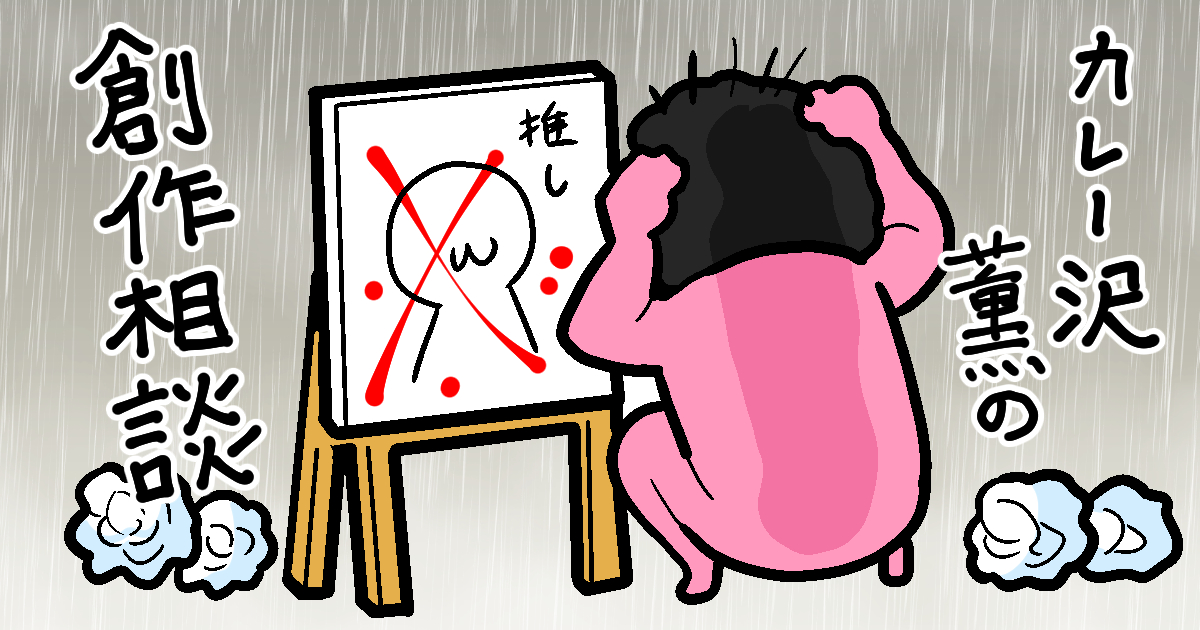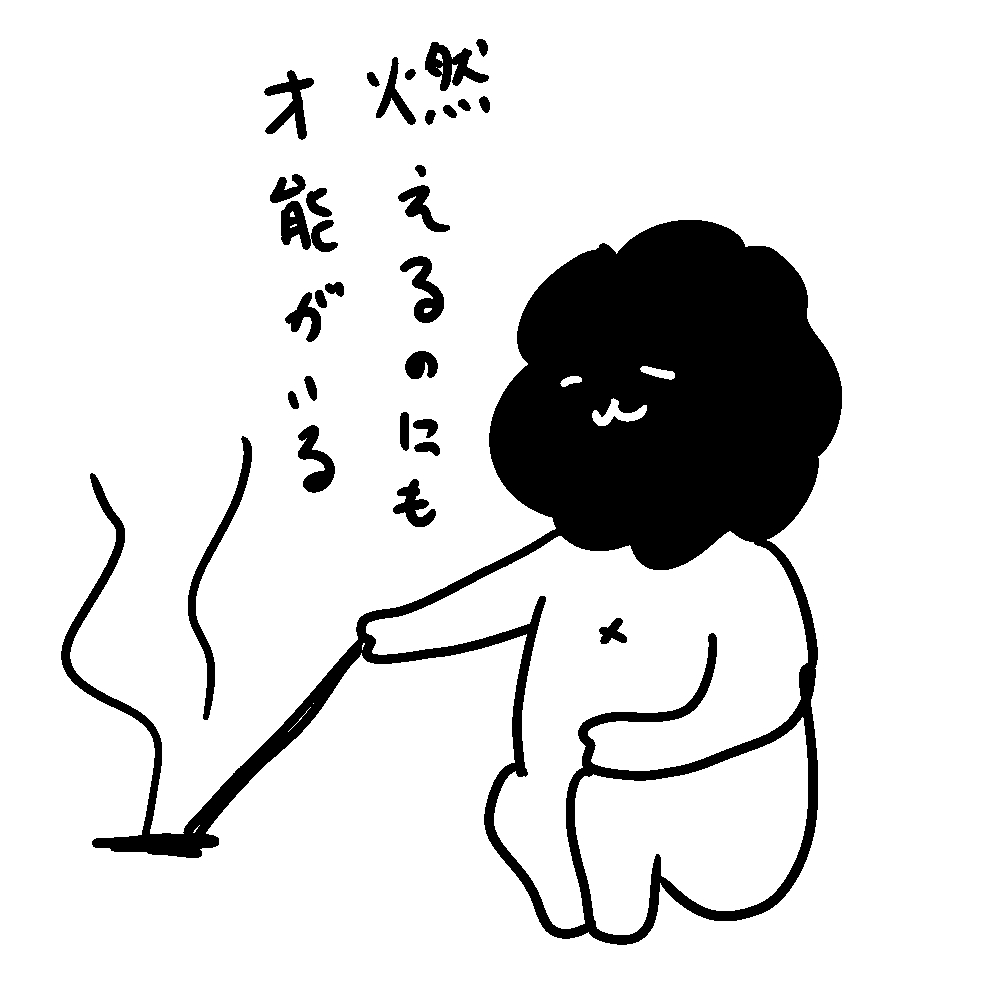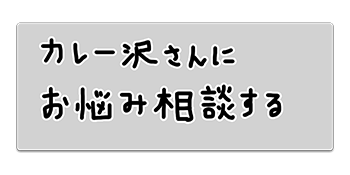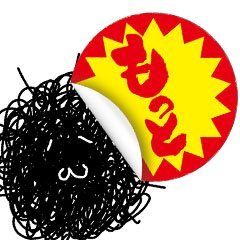Curry Zawa Kaoru's Creative Counseling - Afraid of Flame Wars? Being Aware of Cancel Culture is Actually a Talent

I'm so afraid of flame wars that I stopped posting
I've always been cr◎zy for Tokimeki Memorial - Girl's Side. I've been playing this otome game for two decades, and the latest installment is coming up soon. Every time I come across these high school-based otome games, I ask myself how long before we stop falling in love with a high school teacher, albeit in a video game.
Meanwhile, in the real world, there was a huge scandal the other day about a teacher being in a relationship with a student, going as far as to even kiss. In this day and age, a teacher having a relationship with a student is outrageous ー like a greengrocer gobbling up his own cucumbers or shoving said cucumbers into his customers' (omitted).
Tokimeki may be just a game, but no matter if the mishap happens after the graduation ceremony (so it doesn't count) or if it's the student coming onto the teacher starting from the third installment onwards, these kinds of situations are becoming a no-no. If anything, the third game highlights how degenerate the teachers were in the first two.
Oh, and by the way, there's a reason why I spelled "cr◎zy" like that: it's a word you can no longer use in some media.
You don't realize how useful a word is until you can't use it anymore, and I went absolutely nuts searching for alternatives, to the point of singing CRAZY GONNA CRAZY (from King of Prism) ad nauseam at the karaoke.
However, fiction exists for all those DIO-sama moves that are impossible to pull off in real life. Some could even say that fiction makes reality safer by allowing all that's forbidden in the real world.
The controversy about the influence of fiction on reality has been a fierce and inconclusive battle, which spared no victims — not even the Takenoko and Kinoko (Japanese sweets shaped like bamboo shoots and mushrooms covered in chocolate) that flew too close to the sun and ended up a melted mess.
And although said battle never seems to end, it's clear that the prevailing thought now is that we should stop representing anything that goes against the ethics of reality, even in fiction.
The excuse "it's just fiction" is no longer acceptable. People who say: "Come on, it's just a manga. Let there be some murder." are promptly crucified because "Murder is never okay! Not even in manga!"
The future of the politically correct is uncertain
And like you said in your message, things that were okay once may become inappropriate over time.
The best prescription against flame wars is...
The reason I only go outside about once every 10 days is that I have realized that all the worst accidents happen outside. You just have to tackle the problem at its root.
In the same way, if you don't publish anything that may cause a stir, you won't have to deal with any flames except those that may or may not end up burning down your real-life house one day.
You have the ability to write and your environment lets you express yourself, so you have the freedom to publish your work, but also the freedom not to.
If your fear of flame wars outweighs the joy of publishing your creations, then not posting anything is the most effective and correct decision you can make to avoid criticism.
On the contrary, if it's the work of an author who often tweets about personal matters that gets targeted, all the people who always had some reservations about that author's words and actions will rise up at once, fueling a real flame war.
To avoid a situation similar to Oda Nobunaga's forced seppuku at the Honnō-ji temple, I recommend staying on the sidelines, like the nameless carpenters who built Honnō-ji.
Your profile should be concise, but try to stick to a short description of your work, trigger warnings, and other details that can be used as an excuse in case of an emergency. Avoid things like "My hobby is people-watching, I do it every day!" because that could give away more of your personality than you're hoping for.
Getting controversial requires some talent
The world of flame wars is not so simple that anything can just become a target. Even for that, a certain talent is needed.
Anyone who fears that their work could become controversial doesn't have what it takes to really cause a stir.
Most conflicts in the history of the world are caused by people who don't have the slightest clue of what their actions may lead to.
If they could even remotely imagine that their work could cause controversy, they would not have published it or would have taken preemptive measures to warn people against potentially inappropriate content.
In other words, if you're overthinking the possibility so much, I don't think your work will get controversial any time soon.
You say people don't notice their own smell, but at least you consider the possibility that you might be smelling, and choose not to put your content out there for people to target.




I am a writer who's well aware that they're not getting any younger.
I've been struggling to keep myself up-to-date in this age of SDGs (Sustainable Development Goals) while bridging the gap between the rapid changes of modern life and the sensibilities of today's youth.
Nowadays, I can't help but wonder: do my works go against modern ethics in ways I fail to realize? Are there aspects of my work that come natural to me, but could trigger a reaction online? Could people's values change over the course of a few years, making my work the target of criticism in the future? These thoughts have been preventing me from publishing new work.
Am I overthinking this? Maybe. But whenever an Internet flame war explodes, the author never thinks they've done anything bad. They're oblivious to their faults.
Many people say: "Should I become some sort of monster, just kill me." However, just as you can't notice your own body odor, a monster won't notice its own mutation, and no one can kill you on the Internet ー and those who could kill you, they've started mutating themselves.
In novels, manga, and all kinds of storytelling, the author's thoughts tend to be quite prominent. I've come to think that if the risk of publishing a work is greater than the appreciation it will gain, it's better not to write at all... and I'm tweeting less and less.
You always give great advice, what do you say about this situation?